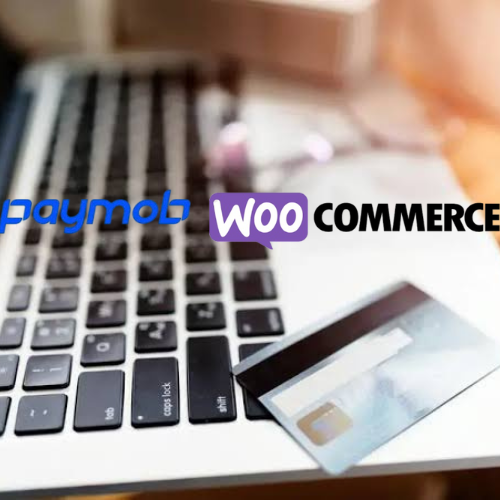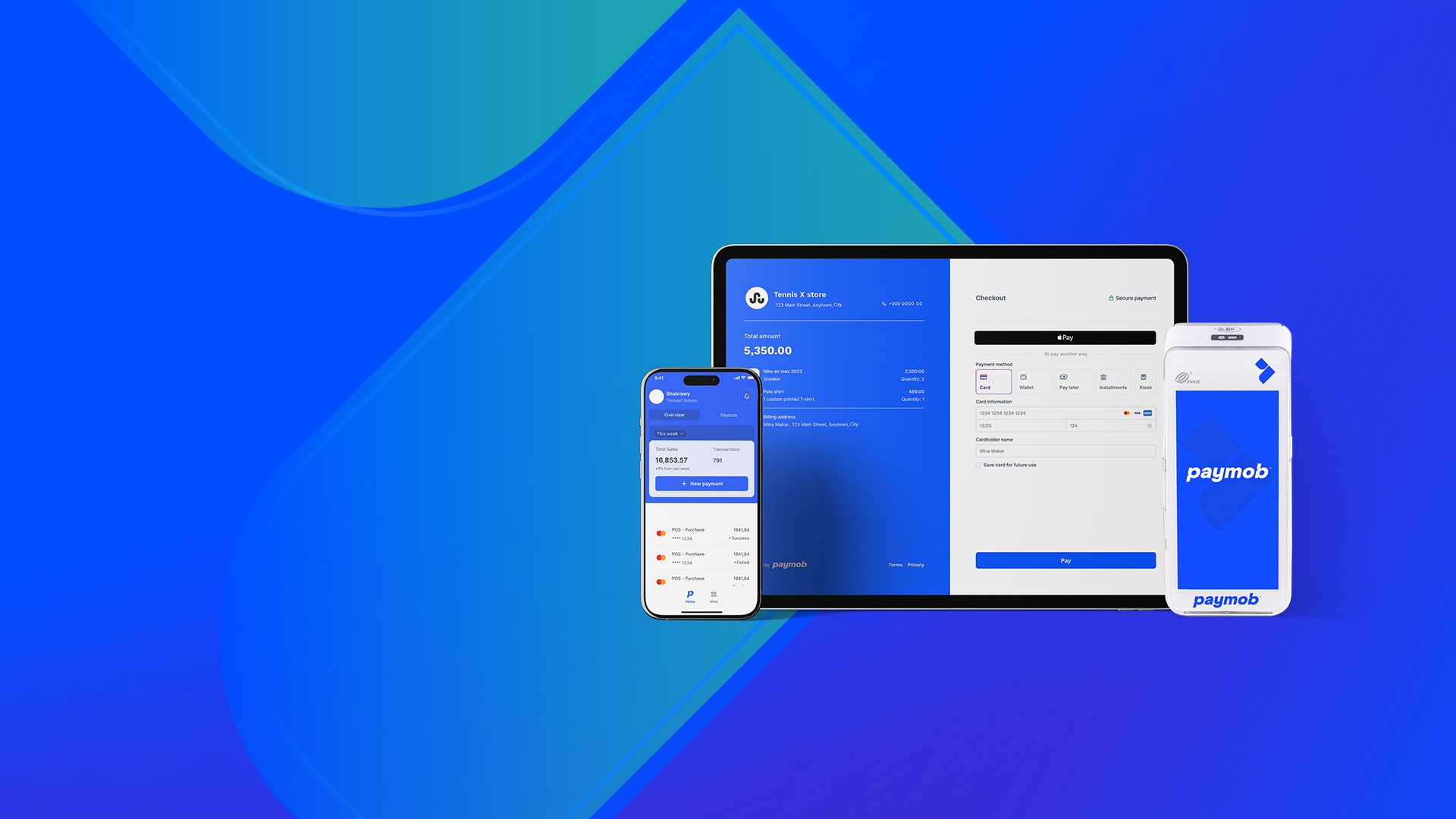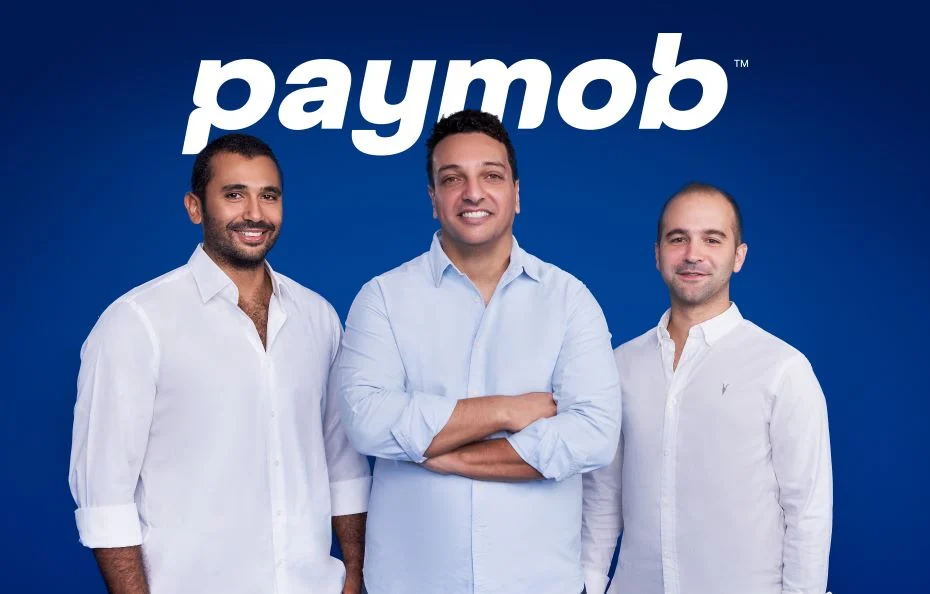Egyptian fintech Paymob, which enables merchants to accept digital payments online and in-store, recently raised $50 million in Series B funding led by PayPal Ventures, the global corporate venture arm of PayPal, New-York-based venture capital Kora Capital, and London-based Clay Point.
Other participating investors include Helios Digital Ventures, British International Investment (formerly the CDC Group), and Nclude, the venture fund launched by Global Ventures and three Egyptian banks. Existing investors from its $18.5 million Series A last April — A15, FMO, and Global Ventures — doubled down.
Helping Merchants Grow With Paymob
Paymob works with businesses and merchants of all sizes. Its omnichannel payment infrastructure allows them to accept payments via various methods, which CEO Islam Shawky claims to be the largest in Egypt. These different options include bank cards, mobile wallets, QR payments, bank cards’ installments, BNPL, and consumer finance payment options. Paymob also has a POS solution for offline merchants where they can receive in-store card payments.
Islam Shawky, who founded the Cairo-based fintech in 2015 with Alain El Hajj and Mostafa Menessy, explained that their mission is to help merchants grow —
“So together we offer merchants, whether an SME or an international brand, the ability to accept all those payment methods and thus, increasing the probability and enhancing the probability for them to purchase and hopefully grow the revenue.”
Paymob’s payment gateways, such as Swvl, LG, Breadfast, and Homzmart, were used by over 35,000 local and international merchants last year. The number of merchants, which currently includes Vodafone, LG, Virgin, Chalhoub Group, and Decathlon, has more than tripled to over 100,000. Paymob hopes to reach a million SMEs in the next few years, according to Shawky.
Given Egypt’s 3 million SMEs, this is a bold prediction. Paymob’s strategy to attain that number is strengthened by launching a new product in partnership with Mastercard: Tap-on-phone contactless payments.
Crushing Competitors With New Tap-On-Phone Product
Obtaining a point-of-sale machine and supporting hardware can be too expensive for micro and small businesses. It makes it difficult for them to expand because they will need to process enormous volumes over a long period to repay that cost.
The Tap-on-phone product leverages contactless payments technology so that these merchants can turn their NFC-enabled smartphones — personal or commercial — into a POS by downloading a Paymob-powered app.
“For us, this is a game-changer for face-to-face transactions because this opens the market up for us and helps us grow tremendously,” said the CEO. He also stated that the product, which will be rolled out to new merchants as a supplement to traditional point-of-sale devices, will allow Paymob to stay ahead of competitors like Fawry and PayTabs. CinetPay, Ozow, and Flutterwave are similar companies in other African regions.
Paymob’s extensive product suite is what attracted co-lead investor Kora Management. According to Nitin Saigal, the firm’s founder, Paymob is “innovating at scale in the offline merchant acquiring and online payment gateway space as Egypt and the Middle East transition from being primarily cash-led to a heavy digital mode of transacting.” Its other plans for merchants include introducing a new checkout platform and the launch of cards to enable B2B transactions.
Various fintechs in Egypt, including Paymob, have praised the apex bank’s (the Central Bank of Egypt) financial inclusion activities since last year. Shawky claims that these initiatives, which include the issuing of over 20 million Meeza cards and 25 million wallets, as well as granting companies licenses to distribute and operate POS devices, are some of the reasons for Paymob’s rapid growth.
Paymob Growth So Far
In 2020, Paymob reported a total payment volume of $5 billion; it’s unclear what that figure is today. However, according to the metrics shared by the company, monthly volumes increased 4x year over year as of December 2021. Paymob had completed over 120 million transactions as of 2020, according to its website.
Paymob’s entrance into Pakistan could accelerate its growth by the end of the year. According to a release, the Egyptian fintech hopes to add 100,000 merchants from the South Asian country, which has over 4 million SMEs, in the next two years.
Paymob boasts of serving merchants in other countries, such as Kenya and Palestine. However, it has yet to open a branch in these regions. Instead, the company focuses on select GCC and North African markets, where this growth funding will offer the necessary strength to debut. Paymob will also increase its market share in Egypt and expand its product suite to include expense management software and working capital.
“Paymob shares our mission and ambition of advancing digital payments adoption — it has made impressive strides in supporting the growth and success of underserved SMBs,” said Ashish Aggarwal, the director at co-lead investor PayPal Ventures in a statement.
This can be considered PayPal’s first MENA investment and seems to be the CVC firm’s second in Africa after South African open finance startup Stitch.
This funding round is one of the largest at this stage in Egypt and MENA, bringing Paymob’s total funding to over $68.5 million.




